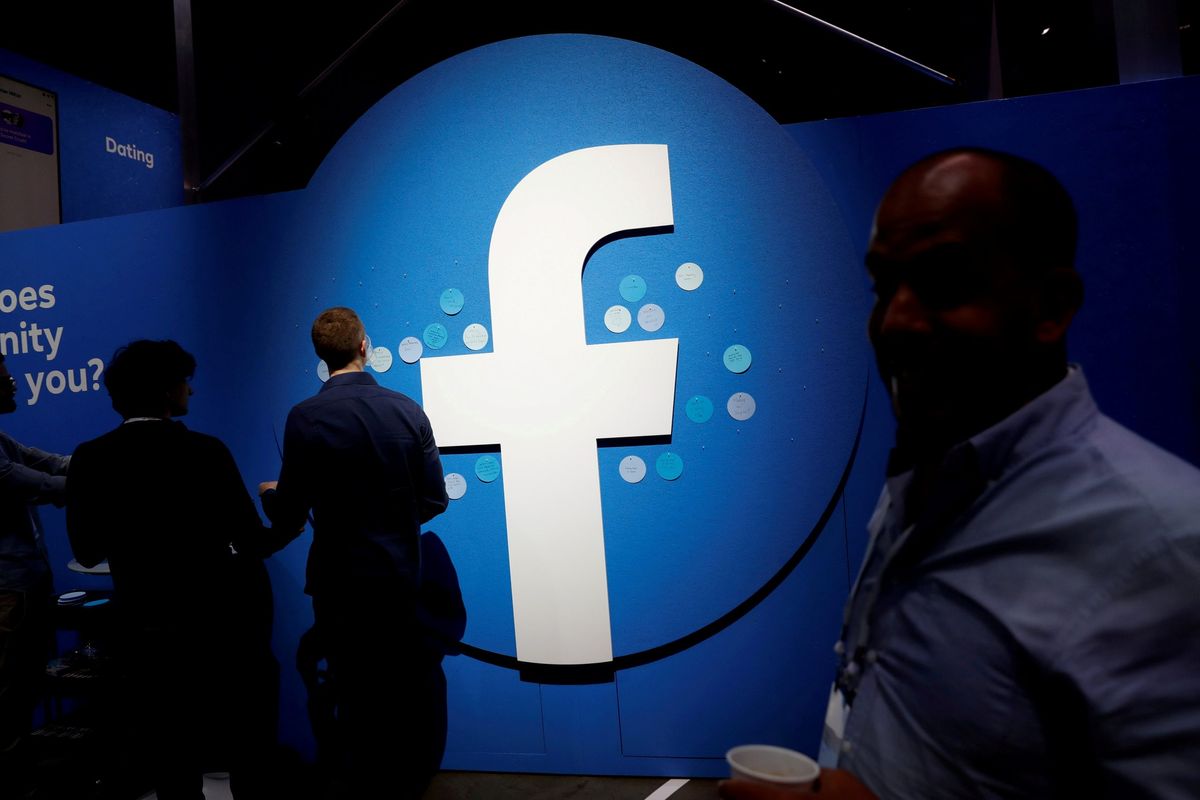From lost luggage to internet, Biden’s laws on monopolies affect more than just big tech

A few minutes every morning is all you need.
Stay up to date on the world's Headlines and Human Stories. It's fun, it's factual, it's fluff-free.
Khan’s presence in the FTC has obviously also concerned Facebook and Amazon because both companies have already issued requests with the FTC demanding that she recuse herself from any decisions involving them.
What are monopolies again?
- The best way to remember how monopolies work is to think of the board game and ask yourself: “How do I win in Monopoly?”
- To win in Monopoly, you need to be the last standing real estate mogul by accumulating the most wealth and knocking the rest of the competition out of the game.
- In the real world, this is pretty much the whole point of a monopoly: to be the only business providing a service in a market, knock the rest of the competition out and in the process, acquire a lot of wealth
- While the board game deals in real-estate, real monopolies can be established in just about any market including industrial trade, financial services or even social media.
- Since they have a stranglehold on markets, monopolies have been a serious problem since the industrial revolution with various United States presidents doing their best to pass anti-monopoly laws.
- But till today, several American industries still apply monopolistic practices and the Biden administration is looking to crackdown.
How are monopolies affecting the US?
- It’s been about a week since President Joe Biden announced the White House’s plans to launch an assault on monopolies in the US.
- Perhaps the biggest targets for anti-monopoly promoters have been tech companies such as Amazon Inc. and Facebook Inc.
- While these are often the companies that we think of when we think of monopolies, there are also other industries with monopolistic practices, according to some experts.
- The airline industry has become an oligopoly (dominated by a small collection of businesses), and it is costing many Americans a significant amount of money every year.
- According to New York University economist Thomas Philippon, the average American household loses about US$5,000 a year to monopolies and oligopolies.
- But according to Philippon, it’s not just airlines but broadband internet industry is as well, with many Americans only having a choice between two internet providers.
What did Biden announce in his anti-monopoly plan?
- On July 9, President Biden signed an executive order, which includes 72 initiatives that various issues and sectors including ordering the Department of Health and Human Services (HHS) to offer affordable, over-the-counter hearing aids.
- The order also pressures the Federal Communications Commission (FCC) to prevent internet service providers such as Comcast and Charter from giving landlords the opportunity to only offer tenants one internet option.
- It says that if an airline loses the bag you paid to check, rather than paying for random insurance or just purchasing back everything that was lost, the Department of Transportation (DOT) should make the airlines responsible for the cost of the lost bag.
- “Robust competition is critical to preserving America’s role as the world’s leading economy,” Biden says in the order. “Yet over the last several decades, as industries have consolidated, competition has weakened in too many markets, denying Americans the benefits of an open economy and widening racial, income, and wealth inequality.”
How do people feel about this plan?
- The executive order has been met with little to no pushback from politicians from either side of the aisle because most agree that large monopolies need to be controlled.
- “It’s really amazing, we have something Biden and Trump agree on, they want to go after big tech companies,” said Stephen Moore, economic adviser to former President Donald Trump.
- While politicians have either remained quiet or vocalized support on the matter, some business leaders have been especially vocal about their concerns about free-market trading.
- Business Roundtable, which is an association of business leaders working to promote a profitable US economy, offered a statement on the executive order.
- “We are concerned about the breadth of issues contemplated in and potential implications of the Executive Order that could undermine rather than enhance U.S. competitiveness,” said Business Roundtable President and Chief Executive Officer Joshua Bolten.
What comes next?
- Before this executive order, Biden announced that anti-monopoly advocate Lina Khan would lead the Federal Trade Commission (FTC) under his administration, another decision that received overwhelming support from both Republicans and Democrats.
- Khan even garnered the support of the Fox News host, Tucker Carlson, aka., the most popular mouthpiece for the Republican party. In a segment where he notes “that nothing about monopolies are good,” he says, “Lina Khan has vowed to reshape antitrust laws to take down the big tech monopolies. Good for her.”
- Khan’s presence in the FTC has obviously also concerned Facebook and Amazon because both companies have already issued requests with the FTC demanding that she recuse herself from any decisions involving them.
- So essentially, when someone is recused, what that means is you think that person is unqualified to perform legal duties because they either lack impartiality or there’s some conflict of interest.
- In May, Amazon said it would by the US movie studio Metro-Goldwyn-Mayer Studios Inc., or just MGM Studios. The acquisition would give Amazon access to a huge amount of films and TV shows and ultimately, compete more aggressively in the streaming race against other players like Netflix Inc.
- The FTC has since launched an investigation into the US$8.5 billion merger and, earlier this month, The Information reported that a source familiar with the matter said that the agency had requested an extension of the probe meaning that it’ll likely be months before the agency rules on the deal.
Have a tip or story? Get in touch with our reporters at tips@themilsource.com




Comments ()